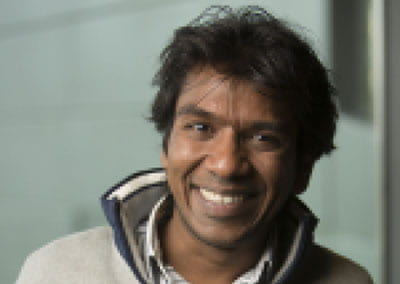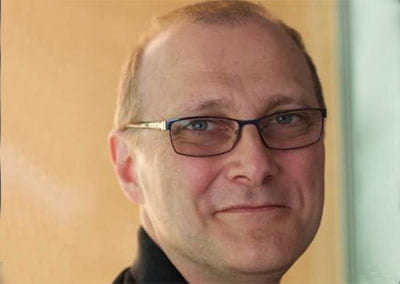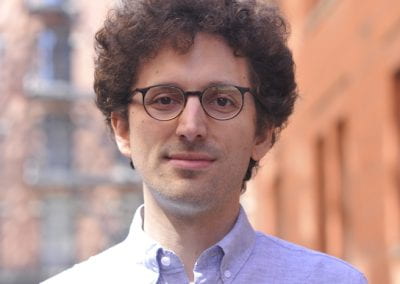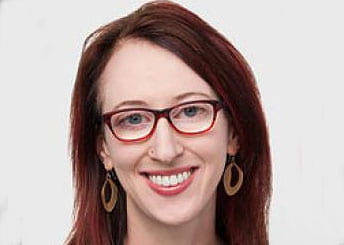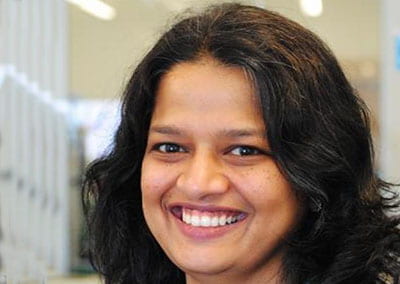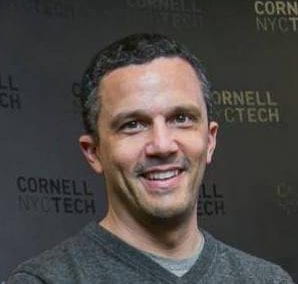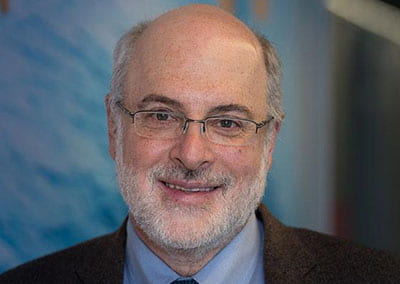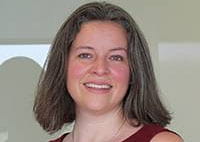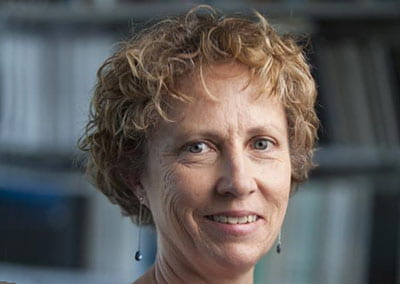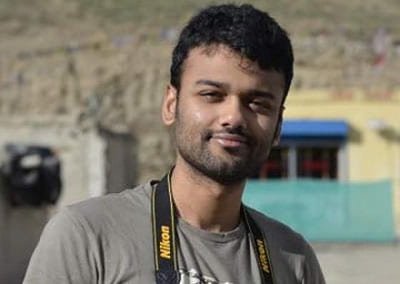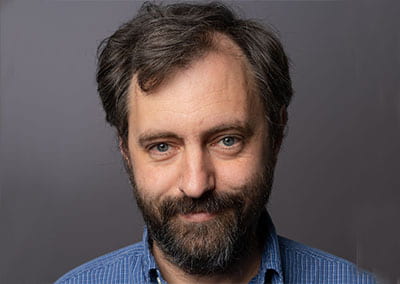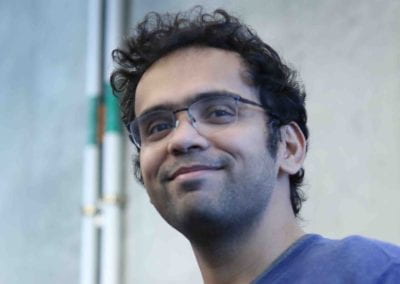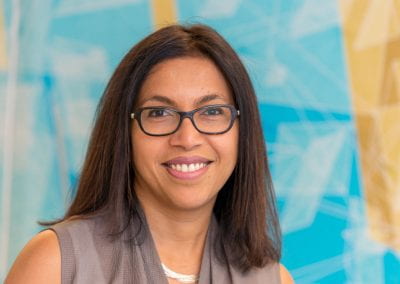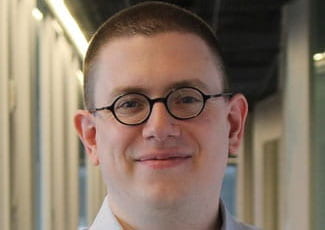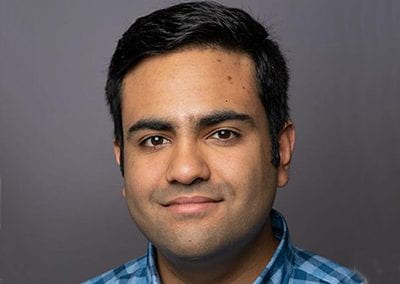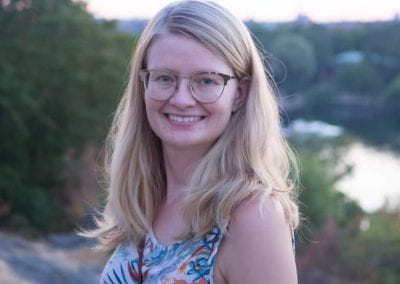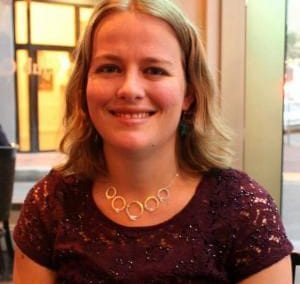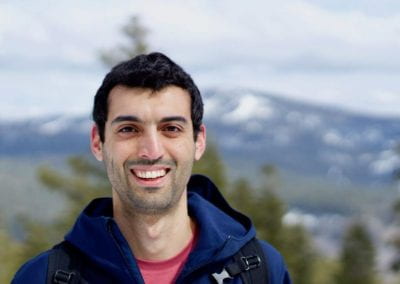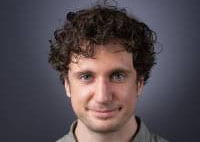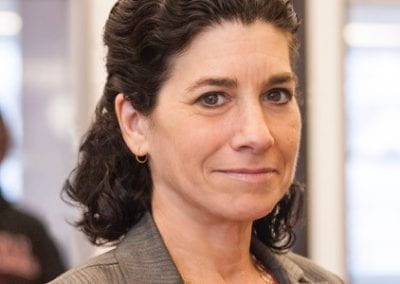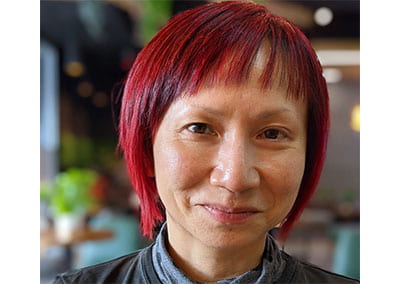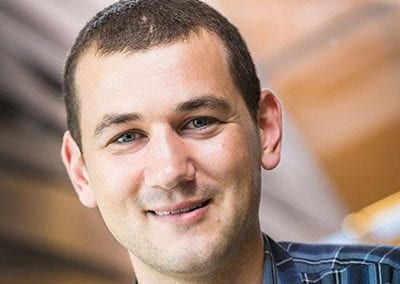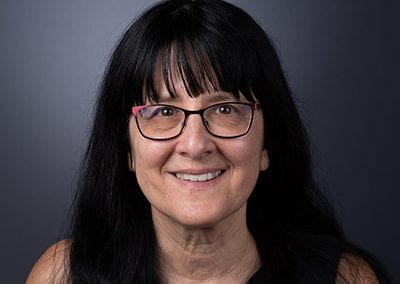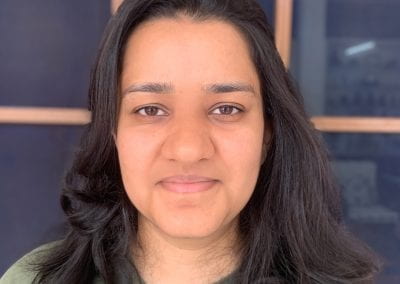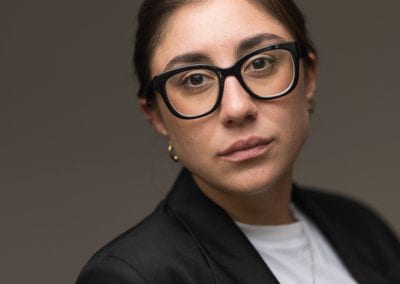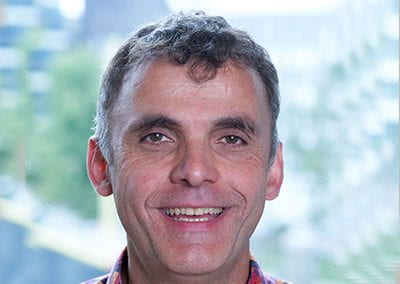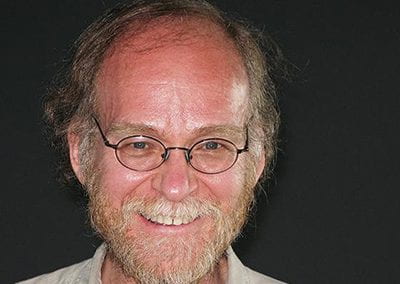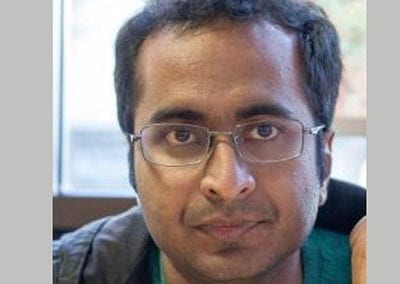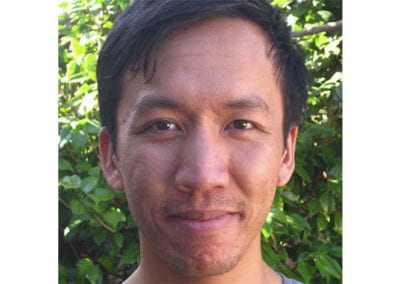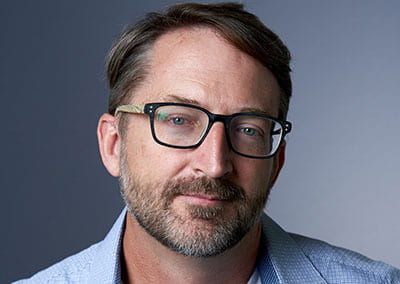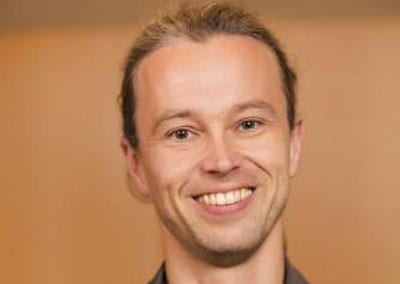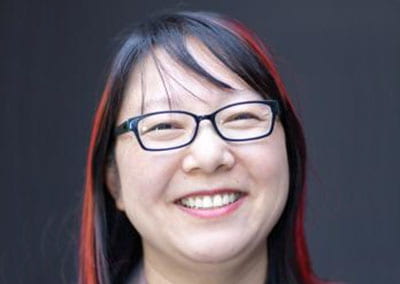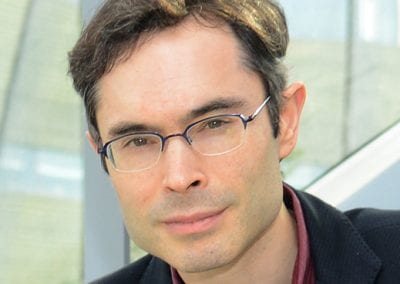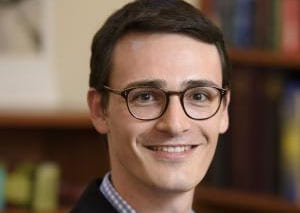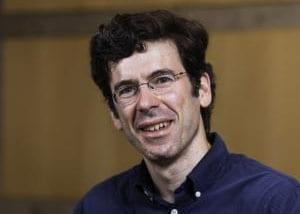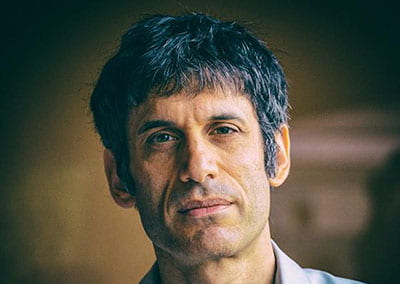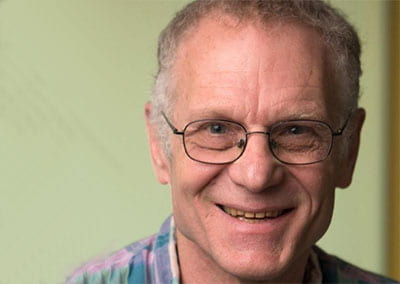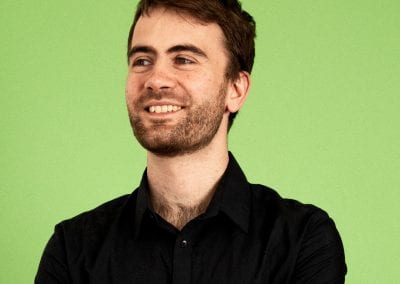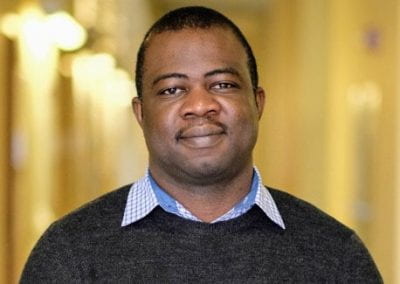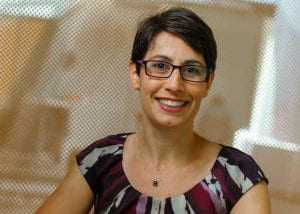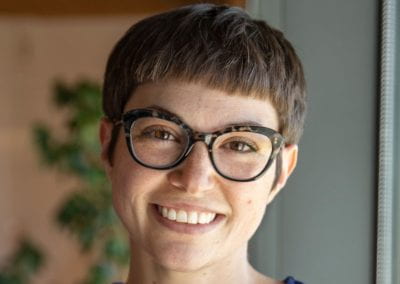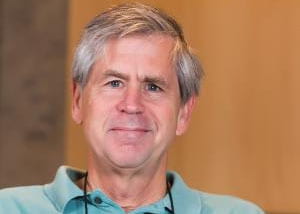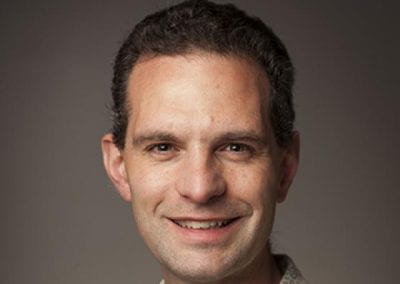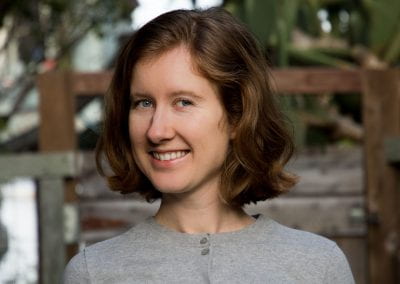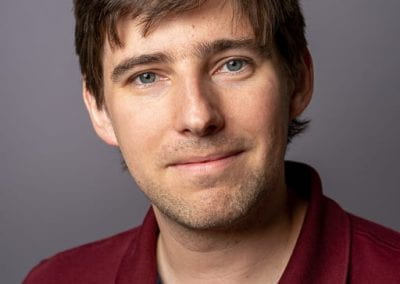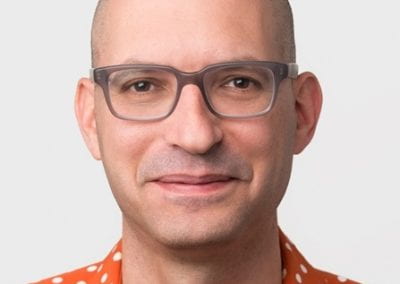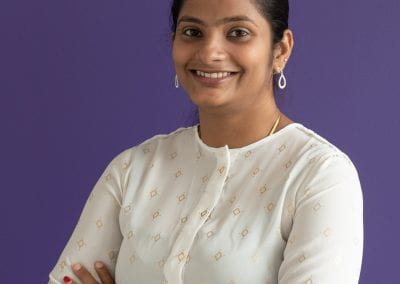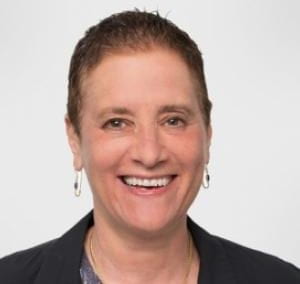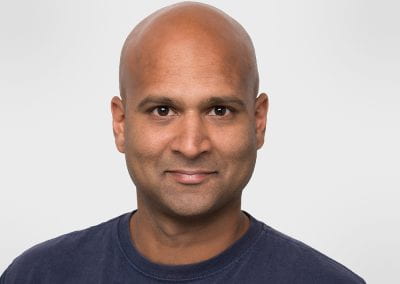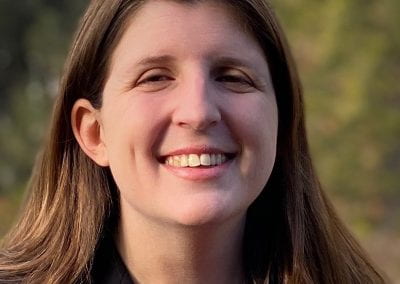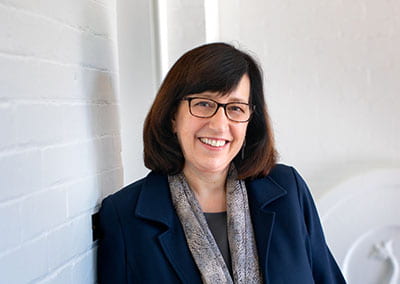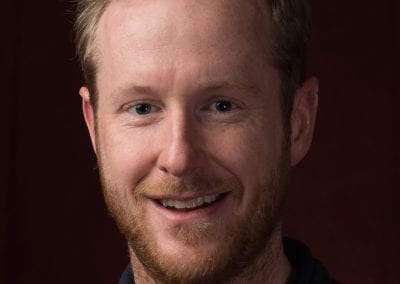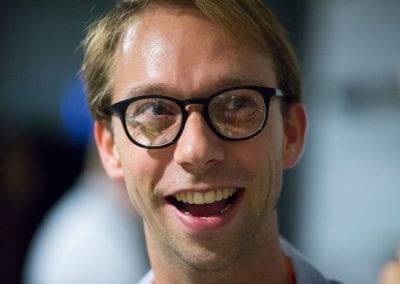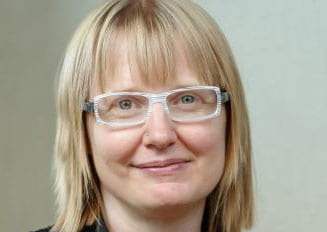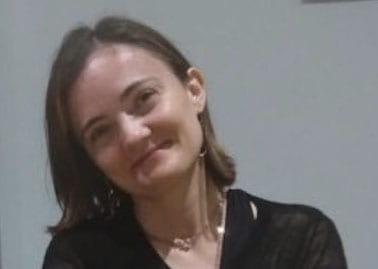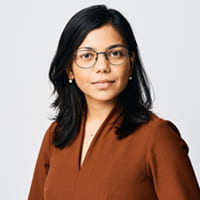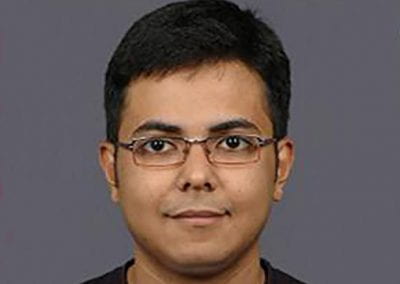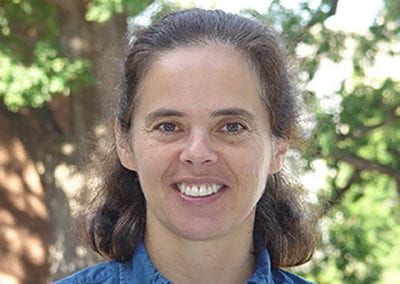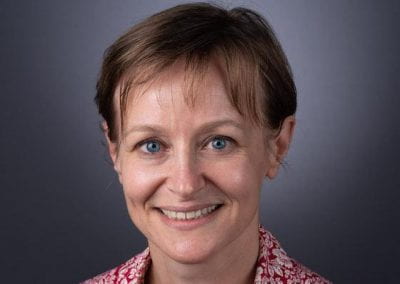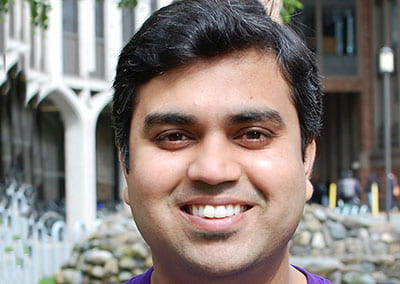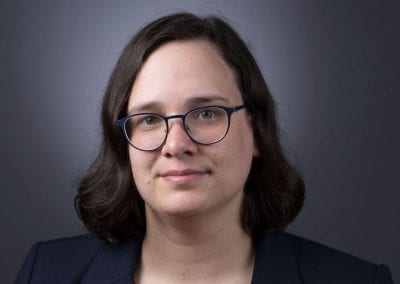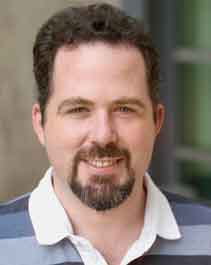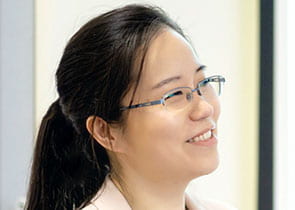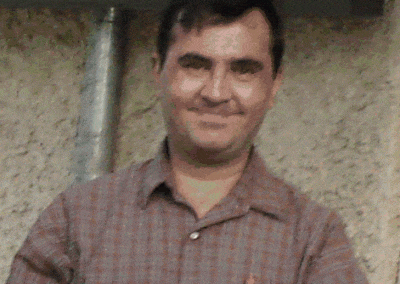Undergraduate Degree Program for Information Science, Systems & Technology
Information technologies have become pervasive in business, finance, medicine, healthcare, education, government, law, manufacturing, and physical sciences, dramatically changing the way people work and live. The proliferation and significance of these new technologies demands a new focus in engineering education. This focus remains rigorous and technically oriented, while simultaneously being devoted to the integration of engineering design, practice, and theory.
The major in information science, systems, and technology (ISST) studies the design, implementation, and management of complex information systems. In addition to understanding the computing and communication technologies that underlie digital information systems, the ISST program emphasizes information systems engineering in broad applications, where issues at the confluence of information science, technology, and increasingly rich interactions between information systems and their human audiences are the primary concerns.
Students take classes in operations research modeling techniques of probability, statistics, and optimization; computer science; economics; and the social and organizational contexts in which transformative information systems exist. Students in the major specialize in one of two options:
- The information science option educates students in methods for the creation, representation, organization, access, and analysis of information in digital form. Students who choose the information science option take classes in information systems, mathematical modeling in IT, human-centered systems, and social systems.
- The management science option teaches methods for quantitative decision-making and their application to information technology (IT), as well as the broader role that IT plays in making these methods effective. Management science students take advanced courses in mathematical models in management science, information systems, mathematical modeling in IT, and information technology management solutions.
Students then take seven additional required courses in three areas: economic, organizational, and social context; information systems; and probability, statistics, and optimization. Students next take seven advanced courses to complete the selected specialization option. Students complete the major by taking two additional major-approved technical electives.
Outcomes
Majoring in ISST will open up career opportunities in a variety of fields including: the design and development of technology for business, education, healthcare, and the entertainment industry; data science; software, mobile and wearable product development; and IT consulting. Students can also pursue graduate degrees in other fields.
Master of Engineering Degree Program
The one-year Master of Professional Studies (M.P.S.) in information science will prepare you to hit the ground running and to stand out in your career in the rapidly changing field of information technology. Potential careers include the design, development, and management of big data systems, the definition and implementation of information policy related to technology, the design, implementation of human-centered data science applications, and the creation and dissemination of innovative information media.
Some Areas of Faculty Research
- computer-mediated communication
- economics of information
- human-computer interaction
- information technology policy
- machine learning
- mobile systems
- natural-language processing
- social and information networks
Information Science, Systems & Technology by the Numbers*
Number of Information Science, Systems & Technology undergraduate students: 54
Starting salaries of B.S. Information Science, Systems & Technology graduates (three-year average):
- Median salary: $94,521
- High salary: $145,00
*Note: this information does not include the students who are obtaining a degree in information science from the College of Agriculture and Life Sciences or the College of Arts and Sciences.
Post-graduate plans for information science, systems & technology graduates at the time of graduation (three-year average):
- Employed 81%
- Attending Graduate School 11%
- Seeking Acceptance to Graduate School 3%
- Seeking Employment 3%
- Other 3%




